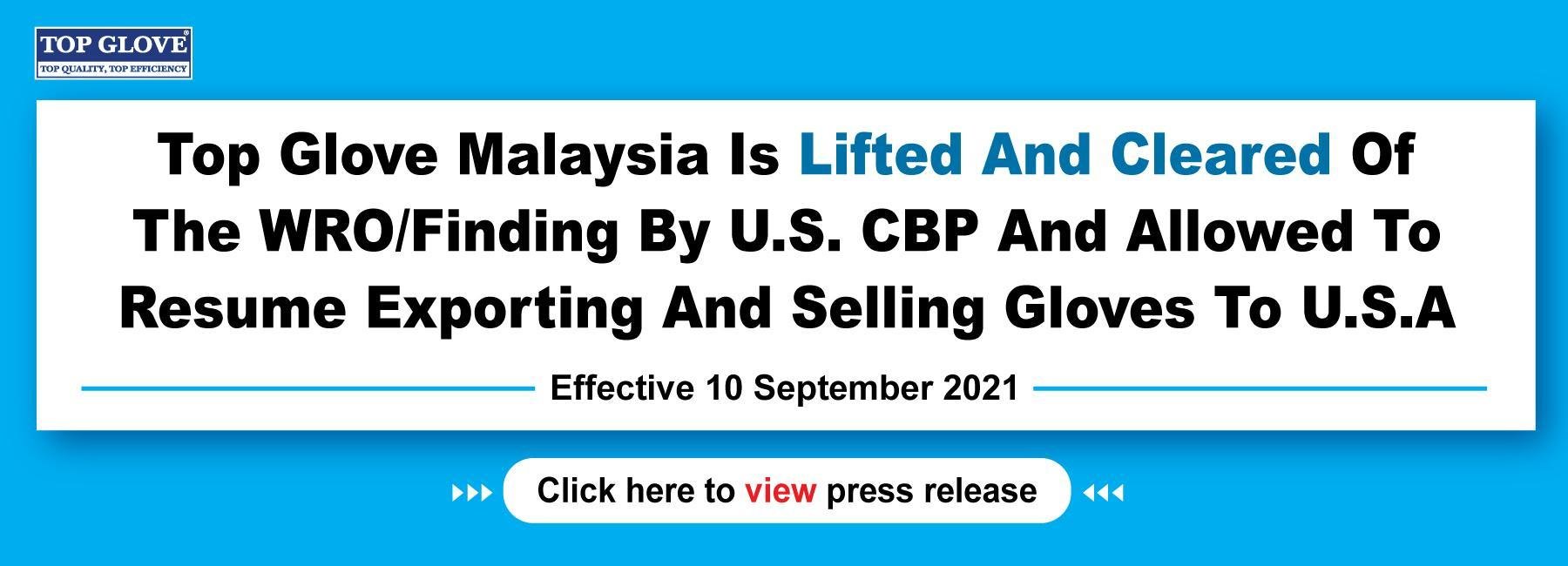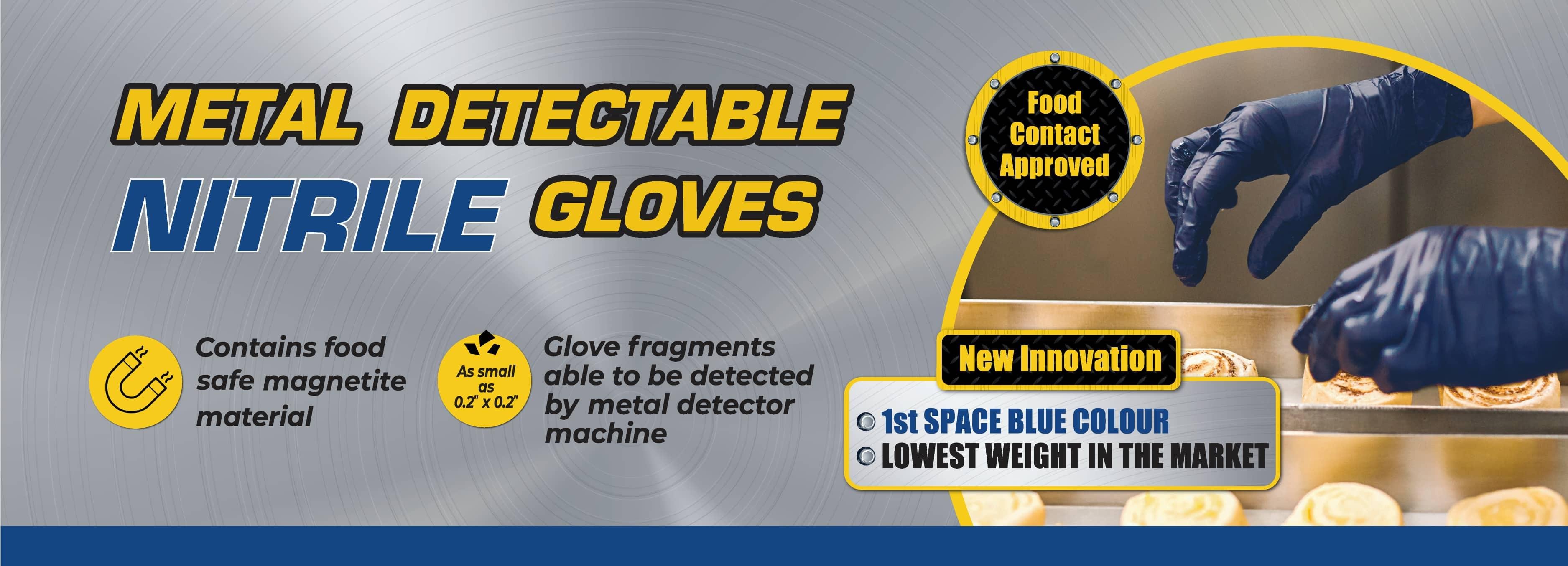WORKER LEVY TO COST TOP GLOVE RM12M PER ANNUM
03 April 2017 / 12:04
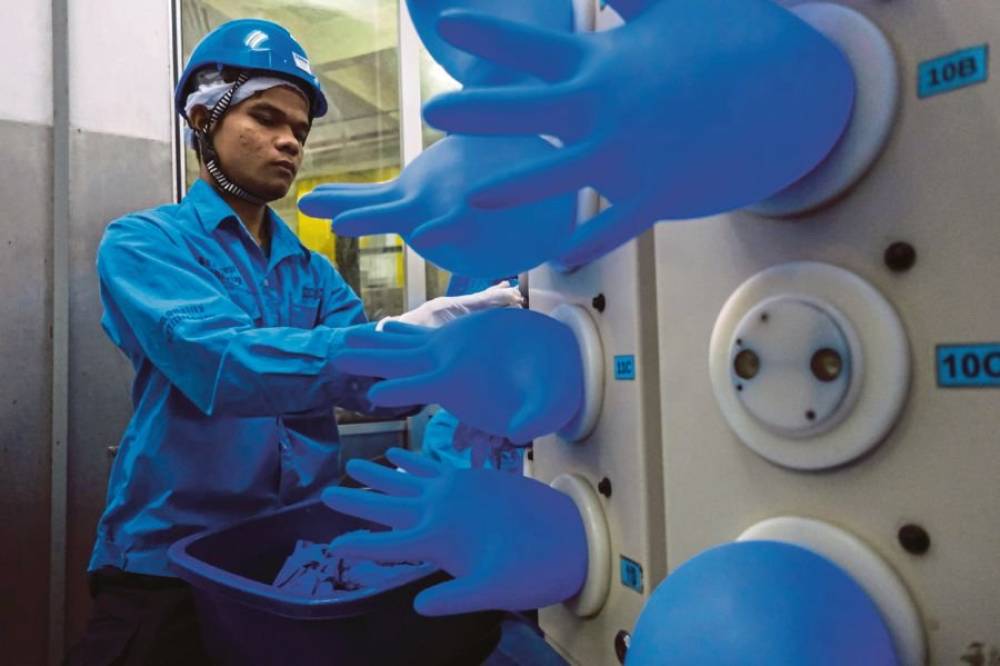
The government should reconsider implementing the new foreign worker levy which requires companies to foot the bill, said Top Glove Corp Bhd executive chairman Tan Sri Dr Lim Wee Chai.
“It is very sudden and the government should have spoken to industry players first. It will cost us about RM12 million per annum,” Lim noted at an analyst and media briefing in Setia Alam yesterday.
“Previously, employers could deduct workers’ wages to pay the government levy,” he added.
He said the company’s labour cost will increase 3.5% due to the levy, while the manufacturing cost will rise 0.5%.
Top Glove currently employs between 6,000 and 7,000 foreign workers and is targeting to reduce this number.
The glove producer is also considering to adjust its selling price, in order to mitigate the impact of both the foreign worker levy and the revised natural gas tariff.
According to Top Glove ED Lim Cheong Guan, the price revision is likely to range between 3% and 5%, and the impact on the group performance will only be seen two months after the revision.
“The price revision will depend on the price of raw materials. If costs go up, then it’s very likely we will have to increase the selling price of gloves,” Wee Chai pointed out.
“Also, if the US dollar weakens (then) we have to revise upwards; if it strengthens, we revise downwards,” he added.
Aside from adjusting its selling price to reflect external factors, the company is also working to reduce operating costs via increased research and development and automation.
Top Glove has allocated RM220 million in capital expenditure for the financial year of 2017 for capacity expansion, facility refurbishment and operating process automation.
“Two-thirds of the allocation will go towards expanding production capacity, while the remainder will be for automation and refurbishment of existing facilities,” Cheong Guan said.
Top Glove MD Lee Kim Meow added that going forward, the glove manufacturer will focus on emerging markets such as India, China and Russia.
“Glove usage in those markets is relatively low compared to developed markets like Europe and the US, so that’s where we will see growth,” he said.
“We are also looking at breaking into the industrial glove market, which is a very large segment currently dominated by big players,” Lee stated.
“Our investment in automation over the past three years has helped (us) to save on about 1,000 foreign workers — but without them it is very difficult to expand,” Wee Chai said.
He added that the adjusted price also takes into account the price of natural gas.
The average tariff for natural gas for the non-power sector was recently reduced 2.74% to RM26.31 per million British Thermal Unit (mmBtu) for the first-half of 2017 (1H17) and will gradually increase to RM32.74/mmBtu for 2H19.
The reduction in the first six months of 2017 would see 1.4% savings in natural gas cost or 0.14% in manufacturing cost, while the price for 2H19 would increase natural gas cost by 22.7% and manufacturing cost by 2.3%, he commented.
Meanwhile on the central bank’s new policy which requires exporters to convert 75% of their earnings to ringgit, Cheong Guan noted the measure would not impact its earnings although it would create unnecessary hassles.

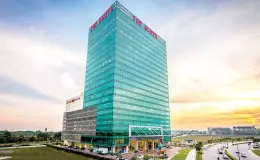
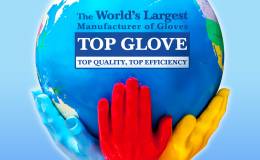

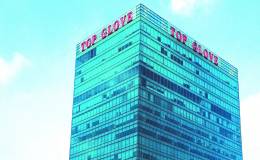
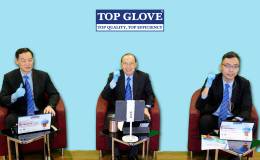

.jpg)

.png)
.png)
.png)

.png)
.png)
